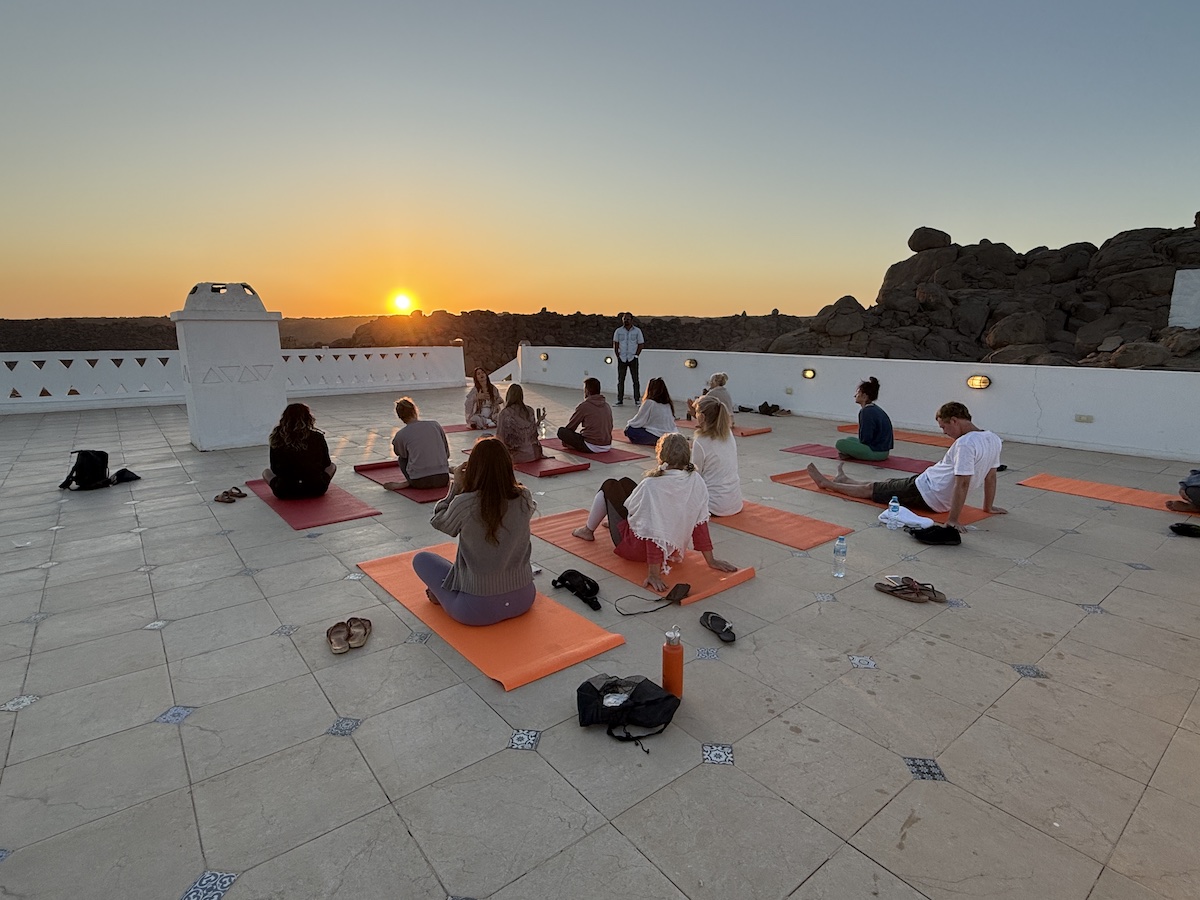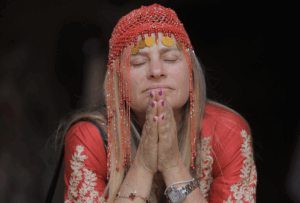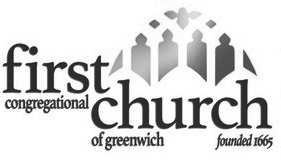The word “Sangha” is a Sanskrit term that means “community.” The three jewels of Buddhism function as three legs of a tripod. All three – Buddha, Dharma and Sangha – are equally vital supports for those on the Buddhist path. Each has distinguishing characteristics, and yet the three are interdependent.
Our awakening depends on us taking refuge in all three jewels. The Buddha serves as an example of an ordinary human being who realized complete freedom from his suffering. The Dharma encompasses the Buddha’s teachings.
Defining Sangha
A sangha is a community of friends practicing the dharma together in order to bring about, and to maintain, awareness. The essence of a sangha is awareness, understanding, acceptance, harmony, and love.
Sangha might be described as fellowship, community, company or collection. It is the assembly of those who follow the Buddhist path.
The term may also encompass all those who have taken refuge in the three jewels, or anyone who has an interest in turning inward for a lasting solution to their pain. The Buddhist teacher Thich Nhat Hanh says we might even consider our meditation cushion or nature’s beauty as members of our sangha, for sangha is anything that offers us support along the Buddhist path.
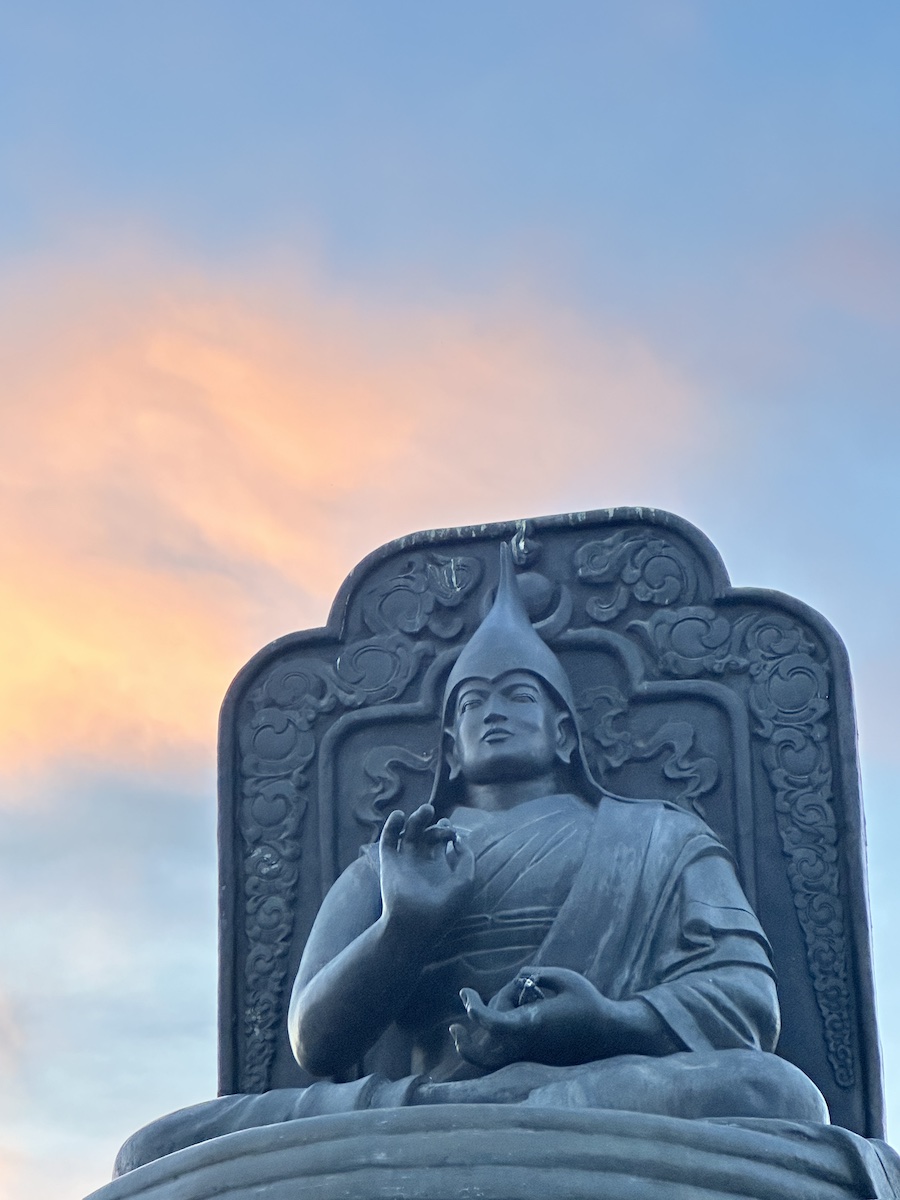
Sangha as Support
In my tradition, we learn that as individuals we cannot do much. That is why taking refuge in the sangha, taking refuge in the community, is a very strong and important practice.
The presence of a sangha is a wonderful opportunity to allow the collective energy of the sangha to penetrate into our body and consciousness. We profit a lot from that collective energy.
But the sangha isn’t only a means of receiving support, it also offers us the opportunity to lend support to others. Meditation is often seen as an individual pursuit. But our practice is not complete if the benefits end with us. As members of a sangha, we’re responsible not only for our personal growth, but for contributing to a positive environment that fosters the growth and wellbeing of others. This spiritual fellowship serves as an antidote to individualism and the self-centered focus at the root of all our suffering.
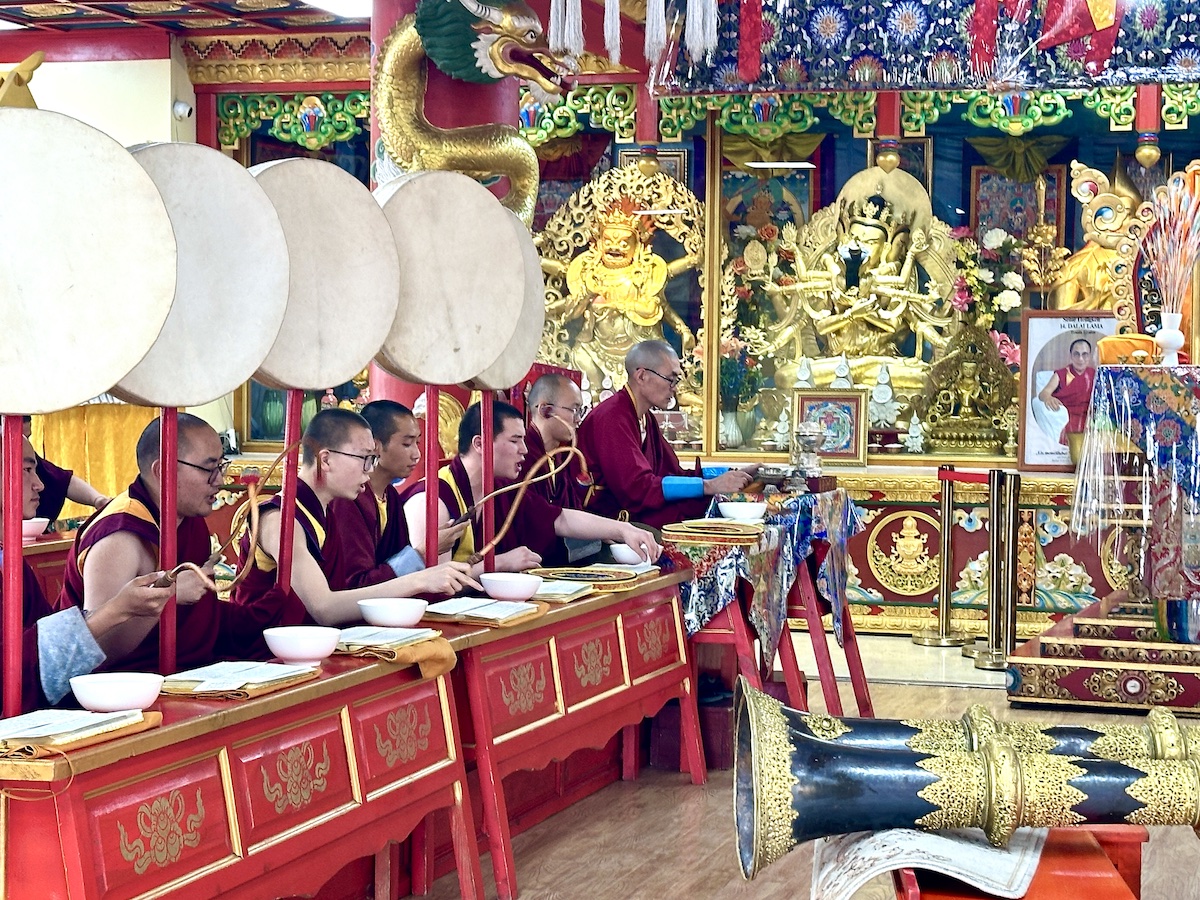
Where to Find Your Sangha
Some say we’re the energy of the people we spend the most time with. Whether we know it or not, we’re each in a community right now. Upon realizing this, we’re invited to become more mindful of what type of energy we’re contributing to our crew. As human beings, we cannot remove ourselves from community, nor should this be the goal. By consciously following a spiritual path, we have the opportunity to root ourselves in community in a more meritorious, beneficial way.
My Sangha Journey
Sangha is not only related to the practice of Buddhism, which is in the context of a meditation community. The definition goes much further. It really is a community of people that get together, individually, or as a group, with like-minded interests to practice and support one another. Some examples can be church and synagogue groups, yoga, and other wellness activities.
For me, my first sangha was the community of Alcoholics Anonymous. Some people refer to AA as a “cult”— I prefer to use the term “culture”—-I go to daily meetings to meet with like-minded individuals where we practice the 12 steps, share, and support each other.
My second Sangha is my fellow sound bath practitioners. I was trained by The Sound Healers Academy (TSHA) last year. My peers and mentors have become my friends and support group. Last month, I went to Egypt on the spiritual pilgrimage with my fellows, which was organized by one of my mentors, Shehera Barnes of Anahata Holistic Healing. I practice my singing bowls with Terry Eldh of Soul Soaring. Terry and I also share our love for NYC and go to Broadway shows and dinner together. I recently attended a sound bath at Sage and Sound by Nicole Rutsch, a practitioner and mentor from TSHA.
Last month, I met with my mentor Trish for my final practicum evaluation for my training with the Mindfulness Meditation Teachers Certificate Program ( MMTCP). She asked me if I have a formal “sangha”? Well I did have my peer group from MMTCP, but no, not a formal, or local group in the tri-state area. She mentioned New York Insight Meditation Center. I googled it, and joined right away—in time to go to attend the benefit event: The Heart of Compassion: Spiritual Friendships in Challenging Times with Dan Harris, Sebene Selassie, and Jeff Warren. I have signed up for several upcoming events at New York Insight. I now have a formal place to meditate in NYC— attend invents, retreats, and meet like-minded individuals that are on a similar path!
Sanghas provide support, friendship, opportunities to deepen my practice and fun!!
Find YOUR sangha!
